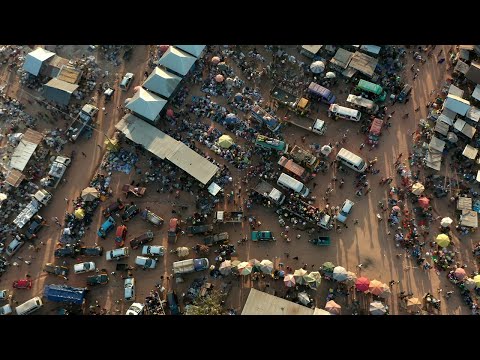
The Global Environment Facility’s latest work program, approved by the GEF Council in December 2020, includes a series of projects designed to help countries protect and regenerate nature in the wake of the COVID-19 pandemic. This is one of these projects. For details on the Council proceedings, please click here.
Over the past decade, some 200 million clean energy products have been sold to households in Africa seeking to reduce their reliance on kerosene lamps, diesel generators, and other expensive, environmentally damaging light sources and cooking fuels in places where electrical grids do not reach.
For companies offering off-grid solar home systems, mini grids, and clean cooking solutions in remote areas, the opportunity is huge: hundreds of millions of people in Africa that currently depend on polluting energy sources are interested in upgrading to these cheaper, cleaner technologies.
But the commercial viability of this emerging business area has been thrown into doubt this year because of COVID-19. The global pandemic has disrupted supply chains, increased currency risk, made travel more difficult, and decreased investors’ risk appetite in innovative areas including the off-grid energy sector.
In a bid to keep the economic fallout from COVID-19 from reversing progress toward cleaner household energy in Africa, the Global Environment Facility and the Sustainable Energy Fund for Africa (SEFA) of the African Development Bank are investing in a financing platform that seeks to provide loans at affordable rates to firms selling medium and small-scale energy solutions across Africa.
This financing platform is expected to throw a lifeline to 45 companies in the region, whose continued operations are expected to support 27 megawatts of new renewable energy generation and benefit 2.5 million people, all the while leading to a decrease in greenhouse gas emissions. Access to modern energy solutions is also linked to improved access to telecommunications, digital financial services, and social services such as education and health in remote areas.
The GEF’s Blended Finance initiative provides financing in the form of debt, guarantees, and equity to attract private sector investment in environmental projects and programs. It aims to target investments with the potential to transform industries, create novel financial structures, and test new asset classes that are important for the future of the planet, yet are challenging for private financiers without additional support.
Click here to learn more about the GEF’s work in blended finance.


